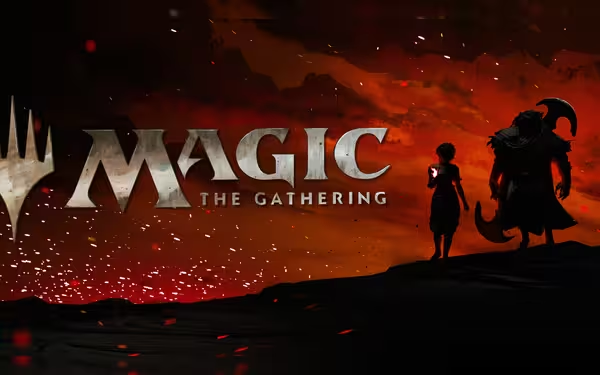Saturday, November 16, 2024 07:49 PM
Wizards of the Coast Takes Control of Commander Format After Controversial Bans
- Wizards of the Coast to manage Commander format directly.
- Committee members faced threats, prompting management shift.
- New rules aim to enhance player experience and safety.
 Image Credits: ign_pk
Image Credits: ign_pkWizards of the Coast assumes control of Commander format following controversial card bans and safety concerns among committee members.
In recent days, the world of Magic: The Gathering has been shaken by significant changes, particularly affecting its most popular format, Commander. The Commander Rules Committee made headlines last week when it announced the banning of several key cards, leading to widespread confusion and frustration among fans. In response to the turmoil, Wizards of the Coast, the company behind Magic: The Gathering, has decided to take control of the Commander format, a move that is expected to have lasting effects on the game.
Wizards of the Coast acknowledged the challenges faced by the Commander Rules Committee in an official statement, describing the past week as "tumultuous" for Commander enthusiasts. The company revealed that it would now manage the format internally, a significant shift from its previous reliance on part-time volunteers. This decision highlights the increasing complexity and popularity of Commander, which has grown from a community-driven format to one of the most influential ways to play Magic: The Gathering.
In their statement, Wizards of the Coast emphasized the immense responsibility that the Commander Rules Committee had been shouldering. The committee, composed of five dedicated individuals, struggled to balance their personal lives with the demands of overseeing such a popular format. "Nobody deserves to feel unsafe for supporting the game they love," the company stated, acknowledging the pressures and threats faced by committee members. This sentiment resonated with many in the community, who have expressed concern over the safety and well-being of those involved in managing the game.
Interestingly, the decision to shift management to Wizards of the Coast was not merely a reaction to the backlash from the recent card bans. Committee member Jim Lapage indicated that the change was initiated by the committee itself, recognizing that the task of managing Commander had outgrown the capabilities of part-time volunteers. He stated, "I don't think it's possible for a group of part-time volunteers to rise to this task," highlighting the need for a more structured and professional approach.
The Commander Rules Committee also announced that, due to threats against its members, it could no longer operate as an independent entity. They have requested Wizards of the Coast to take over the responsibilities of managing Commander, which includes making future decisions and announcements. This transition marks a pivotal moment in the history of Commander, as it moves from a community-led initiative to a more corporate structure.
Wizards of the Coast has assured the community that the rules committee will still play a role in the future of Commander. Preliminary discussions have already begun regarding a new direction for the format, which may include a "more objective approach to deck power level" and improved guidance for players seeking games that match their desired play style. The company has even suggested the possibility of implementing power brackets to better define gameplay within Commander.
As the dust settles from these recent developments, it is clear that the future of Commander and Magic: The Gathering is entering a new era. The changes reflect the growing popularity of the game and the need for a more organized structure to support its community. While some fans may be apprehensive about the shift in management, it is essential to recognize that these changes aim to enhance the overall experience for players. The evolution of Commander serves as a reminder of the dynamic nature of gaming communities and the importance of adapting to meet the needs of their members.













